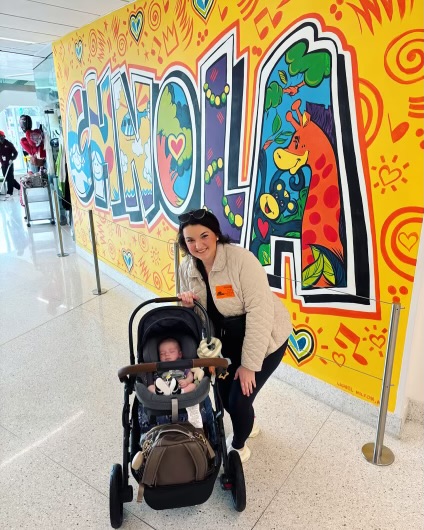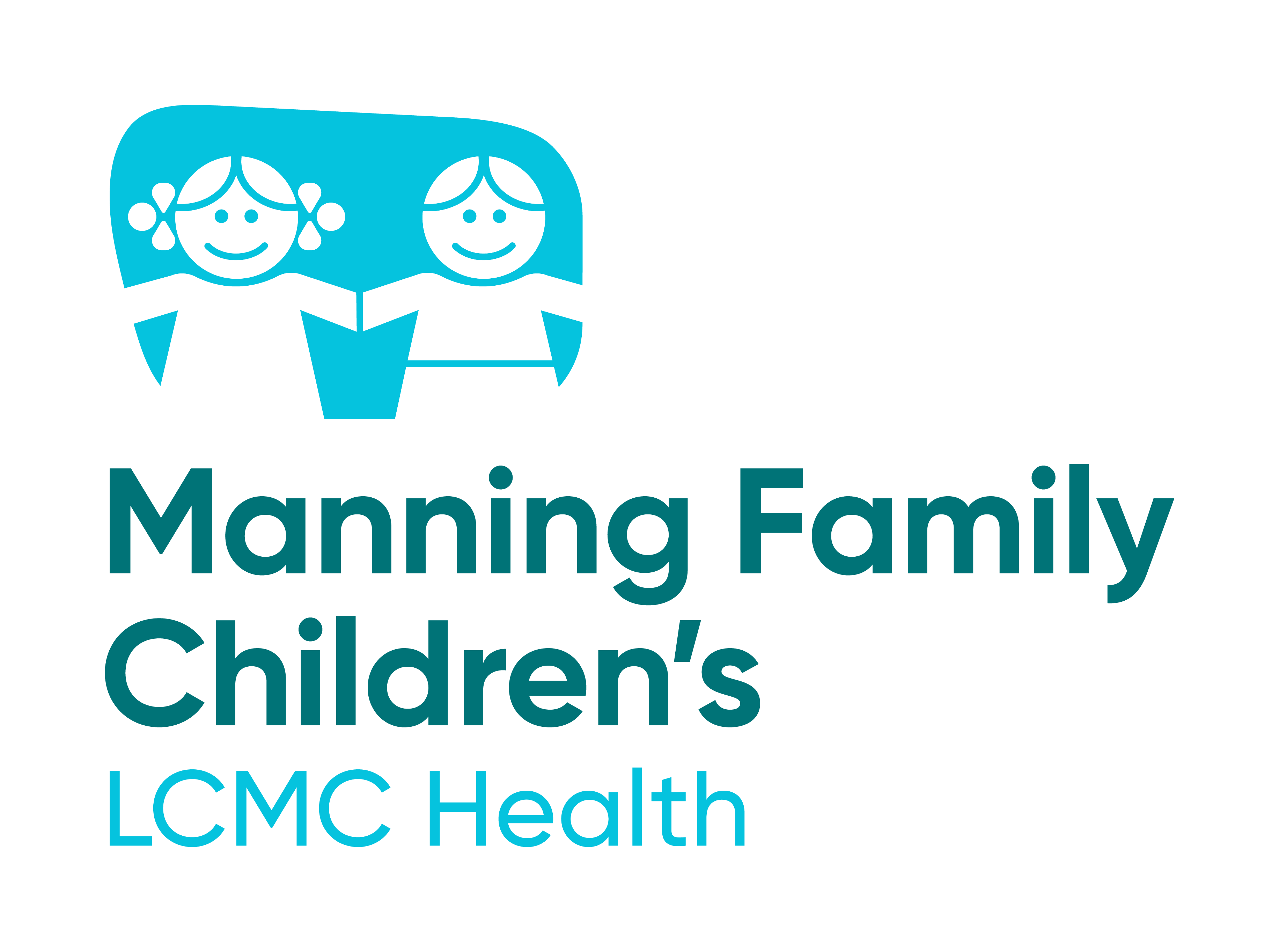Baby Waylon’s journey through Bradycardia and post-birth challenges in the NICU
- Category: Patient Stories
- Posted on:

This photo is for artistic and marketing purposes only. It does not reflect American Academy of Pediatrics safe sleep recommendations.
Annelise and Hunter Alleman always dreamed of starting a family. After seven months of trying, they received the news that they were expecting their first baby. Annelise discovered her pregnancy on the night before her final clinical rotation in veterinary school. She took a pregnancy test while her husband was working the night shift but chose to wait until morning to share the wonderful news in person.
“I couldn’t wait to tell him, but I wanted to do it face-to-face,” Annelise recalled. “When he came home, I had the pregnancy tests on the countertop to show him, and then we both hugged and celebrated.”
Annelise's pregnancy was relatively smooth. She experienced extreme fatigue and headaches, which she attributed to caffeine withdrawal from her demanding school schedule. However, there were no significant complications and baby Waylon received an "A+" at every ultrasound appointment.
As her pregnancy progressed, Annelise remained dedicated to her work but gradually felt the physical toll it was taking.

“I was working at my dad's veterinary clinic. He told me not to push myself too far,” she said. “Towards the end of my pregnancy, I started to get more tired, more uncomfortable. I could not wear my scrubs just because scrubs were uncomfortable. I was wearing dresses and sneakers to work every day. But other than that, it was a pretty normal day-to-day routine for me. And then it got to the point where the last week, I finally told him, ‘Hey, I think I need to start staying home.’”
Just shy of 38 weeks, Annelise’s water broke, signaling the start of labor. After laboring at home for five hours, she and Hunter checked into Thibodaux Regional Hospital’s Women’s Center.
Following 26 grueling hours of labor, the couple welcomed their son, Waylon Alleman, into the world on November 24, 2024, at 8:23 am, weighing seven pounds, 15 ounces; He was perfect in every way.
"As soon as he was born, the nurses placed him on my chest," Annelise recalled. "My husband cut the umbilical cord and they cleared his airways and checked him over. I later learned he needed some oxygen, but in that moment, they just handed him to me, and I soaked it all in. Having everything done right there in the room was comforting." 
However, the following day, Waylon experienced his first bradycardia episode.
Bradycardia is a condition where the heart rate slows to an abnormal level. Waylon’s episodes were intermittent and not persistent. During his discharge check-up, he turned blue and stopped breathing, prompting immediate intervention and a transfer to the neonatal intensive care unit (NICU).
Waylon stayed in the NICU at Thibodaux Regional Hospital’s Women Center for a week, where nurses stimulated his breathing by patting his back and providing oxygen support. Despite periods of stability, he experienced another episode during a second discharge attempt. This led to his transfer to a higher level NICU at Manning Family Children’s in New Orleans for further monitoring and specialized care.
While treating Waylon’s bradycardia episodes, doctors at Manning Family Children’s conducted extensive tests, including MRIs, EKGs, and EEGs. When he was about a week and a half old, an MRI revealed a minor brain bleed, prompting further investigation. Doctors later explained to Annelise that the bleed may have been caused by birth trauma. In addition, Waylon was diagnosed with an atrial septal defect—a small hole between the upper chambers of his heart—that required ongoing monitoring. His fibrinogen levels, a protein essential for blood clotting, were also low at birth. However, after receiving an infusion, his levels not only normalized but spiked higher than usual, leading doctors to suspect the initial reading may have been inaccurate.
Over the next two weeks, Waylon's bradycardia episodes became less frequent as he matured. Doctors attributed the episodes to silent reflux, where he would choke on reflux without showing obvious signs. 
“They explained his bradycardia episodes were reflux related—he would reflux but wouldn’t know what to do with it,” Annelise shared. “He didn’t know whether to spit it up or swallow it, and in that confusion, he would choke. When that happened, he wasn’t breathing, which caused his heart rate and oxygen levels to drop. It was scary, but once we understood what was happening, it made a lot more sense.”
Fortunately, as Waylon grew, his reflux improved, and he no longer experienced bradycardia episodes.
After two weeks at Manning Family Children’s, Waylon was discharged. Today, he is a thriving, laid-back, and cuddly baby who loves to smile and giggle.
“He loves to be held," Annelise said. "If he’s having trouble falling asleep at night, all you have to do is hold him against your chest, and he’ll drift off. Then comes the easy part—gently transferring him to his bassinet.”
Waylon continues to see specialists at Manning Family Children’s for follow-up care. He visits his pediatrician regularly and sees Stefanie Cheang, MD, a cardiologist who monitors the small atrial septal defect that was noticed after birth. Doctors want to ensure it is closing properly. Additionally, he sees Maria C. Velez, MD, his hematologist to monitor his fibrinogen levels since they were low at birth. 
Reflecting on her experience, Annelise and Hunter expressed gratitude for the exceptional care at Manning Family Children’s. As someone with a medical background, she appreciated the team’s transparency and detailed explanations, which helped her feel confident in Waylon’s care.
“Waylon’s strength and the support we received from the medical team gave us the hope and reassurance we needed during such a challenging time,” Annelise shared.
At 5 months old, Waylon is growing, eating well, and showing no signs of his early struggles. With continued monitoring and care, the Alleman’s are hopeful for a bright and healthy future for their little warrior.
For more information about NICU services at Manning Family Children’s, click here Neonatal Intensive Care | Children's Hospital New Orleans



